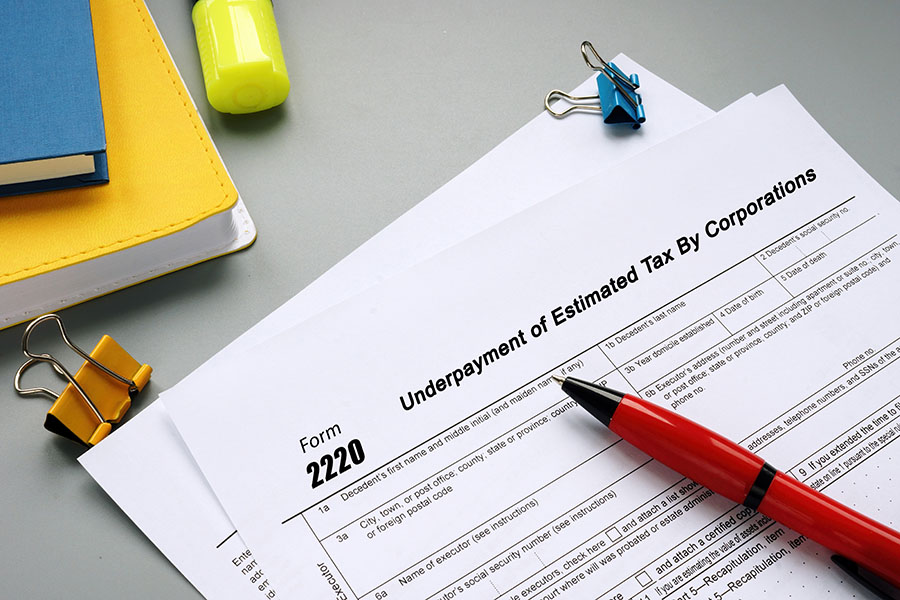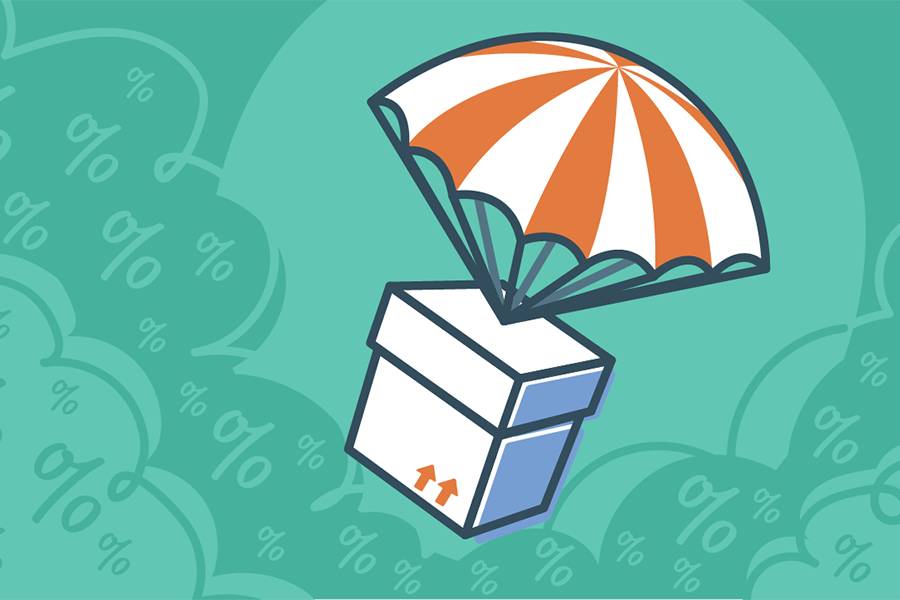
A franchise is a business model in which a parent company, or licensor, grants permission to a licensee to share its business concept. The resulting business, a franchise, helps the licensor expand while retaining control over products, delivery methods, marketing, and concepts. In return, the licensee receives an established product with permission from the franchise owner to sell it.
Key Takeaways:
- For the parent company, franchising is a way to expand their existing business.
- Established companies with a well-known product and brand can offer franchising opportunities to small entrepreneurs.
- Buying a franchise is one way for small entrepreneurs to start a business.
- The parent company can have more than one franchisee and a franchisee can own more than one franchise location.
How Does Franchising Differ from Other Business Models?
A franchise operates under state and federal franchise regulations. The franchise contract is akin to a leasing agreement, with the franchisee essentially “renting” the parent company’s brand and products to make a profit. The franchise owner grants the franchisee the right to sell its products at a specific location.
Franchising Key Features
Franchise vs Startup
Startups are run by entrepreneurs who have developed their own business ideas, products, or services. A franchise is run by a franchisee who trades the franchise owner’s product or service.
Decisions that determine the growth and success of the startup depend on the startup owner while a franchisee receives an already established brand and follows guidelines set by the parent company.
Franchise vs Chain Store
Chain stores are stores that look like franchises but do not operate as independently owned businesses. A franchise owner actually owns their franchise; a chain store is owned by the parent company.
Chain store parent companies pay rent, lease, utilities, and salaries of the employees. Franchise owners are responsible for these business expenses on their own.
Franchise vs Small Business Purchase
Purchasing a small business provides another way for individuals to obtain an existing business. An existing business may offer a loyal clientele, a well-known location, a strong brand name, and established products, making it much easier to run than starting a business from scratch.
However, it differs from a franchise because it does not include the support, training, trademarks, and recognition of a national product line. Buying an existing small business may mean purchasing a single location only known in one town. A franchise may offer a trademark and brand with regional, national, or even global recognition.
Examples of popular franchises include:
- Anytime Fitness
- 7-Eleven
- Subway
- Pizza Hut
- Auntie Anne’s
- KFC
- McDonald’s
- GNC
- ACE Hardware
- Papa John’s Pizza
- Starbucks
- Dunkin’
Types of Franchises
There are two types of franchises: business format and product distribution franchises. You can find either kind of franchise for nearly every imaginable type of product.
Business Format Franchises
Business format franchises provide the franchisee with an entire system for marketing, distribution, and sales of the product along with the product itself. Business format franchises offer a turnkey solution to those buying into the franchise, with products already marketed, tested, and packaged.
It also provides support such as brand manuals, site selection assistance, training, and guidance on how to run the business from start to finish using the methods developed by the franchise owner. Business format franchises emphasize the entire selling methodology established by the franchise’s originator.
Product Distribution Franchises
In a production distribution franchise, the franchisor offers a proven product without the comprehensive system of a business-format franchise. The products typically require pre- and post-sale service. Product distribution franchises are generally found in the automobile, gas, and oil industries.
Car dealerships and service stations are good examples of product distribution franchises. The franchise company provides the products and branded logo. However, the site selection, method of running the business, and even advertising the company are often at the discretion of the product distribution franchise owner.
Buying a Franchise: Pros & Cons
As with all business opportunities, franchising has numerous pros and cons. It’s essential for anyone interested in franchising opportunities to take the time to do their homework on the opportunity itself.
Pros
One of the best advantages of franchising is buying into a brand that’s already popular, with a large customer base, and established processes. Franchises offer turnkey systems where franchisees receive everything they need to launch the business—trademark, logo, product, system, marketing, and more. This may be appealing if you’re a better business operator and manager than an innovator.
Franchises offer training in all methods of their business model plus mentorship and support from fellow franchise owners, so you’re never alone. You can call and ask for ideas from others in the franchising system. Training methods, such as assembly-line style cooking methods for a fast-food restaurant, may be established and provided, so all you need to do is learn and implement them.
Recruiting may be easier when you own a franchise because potential employees know the business name, what the business does, and what the work environment is. They want to have a “brand name” on their resume, too, and understand the value of working for an accepted, recognized company.
In a franchise situation, products may be purchased at lower costs for resale. You may also have access to proprietary products marketed only under the franchise’s trade name. People may come to your business solely for licensed products.
Cons
Not only are franchises expensive to buy into, but franchisees owe a royalty payment to the parent company. These payments are typically made annually to renew the franchise license, but they can get expensive.
The franchise owner may dictate how the business operates—everything from the color of the tablecloths to the lighting, for example. While you obtain the benefits of the instant brand recognition such consistency provides, you also give up autonomy and control. You may not be able to offer items customers want, for example, because they go against franchise policy.
While you benefit from the trademarks and massive brand support from the parent franchise, your business will also be affected by the consumer’s view of the brand as a whole. That means if negative press comes out about the products offered by the franchise, your business may be affected.
How to Select a Franchise
The International Franchise Association (IFA) offers information for people considering owning a franchise. Once you’ve studied the background of the franchising industry, take the time to evaluate each unique franchise opportunity under consideration.
Franchises are required to provide a written package or franchising prospectus that clearly outlines the opportunity and lays out easily understandable costs and details on the franchise owner’s responsibilities and obligations.
The best franchise to invest in should:
- Have a popular, recognized brand name in good standing
- Include marketing, advertising, and training support
- Provide continuing support for various business management requirements
- Continuously develop new products
- Provide site selection and development assistance
You may also wish to visit one or more franchise locations, speak with independent franchise owners, and talk to their teams to see if they are happy with their franchise opportunity. As anything that happens to the brand will affect your sales, you want a franchise that strictly enforces its standards from the parent company and over the rest of the franchisees.
Tip: Familiarize yourself with the Franchise Rule of 1979, which ensures franchisees are provided full disclosure of the franchise risks, benefits, or limits to a franchise investment, such as fees, financial projections, litigation history, and more.
To find a franchise opportunity, visit the IFA directory or check out the best websites to find franchises.
Frequently Asked Questions (FAQs)
Click through some of the frequently asked questions about franchising:
Simply put, a franchise is a business model in which a well-known brand expands its distribution by allowing franchisees to set up a branch to sell the parent company’s product or service.
A business franchise is unique among other business models because the product or service remains owned by the parent company and earns royalty income from the sales of franchisees. The franchisee owns the franchise location but will operate the business according to the parent company’s standards.
A franchise is a relationship wherein both the parent company and the franchisee have obligations to each other. The parent company supports the franchisee by providing site development support, initial and continuous marketing, advertising, and staff training. The franchisee then pays royalties to the parent company, often based on the portion of the annual sales until the franchise contract expires.
Yes, McDonald’s is one of the most successful franchises in the world, with nearly 42,000 locations worldwide by the end of 2023.
Bottom Line
Starting a new business can be exciting but daunting. It’s frightening to be thrust into business ownership after working many years for someone else. Suddenly, all the decisions are yours to make―and yours to accept if you’ve made a poor choice.
Franchising is a faster way to start a business with its turnkey business model and recognized trademark. New business owners may feel more confident in their new business model because the products, systems, and concepts are provided as part of the franchising fee.
Franchising isn’t for everyone, however. The high initial cost is coupled with an annual royalty fee that can get expensive. You give up some measure of control when you buy into a franchise, and as the parent brand goes, so goes your business, too.





